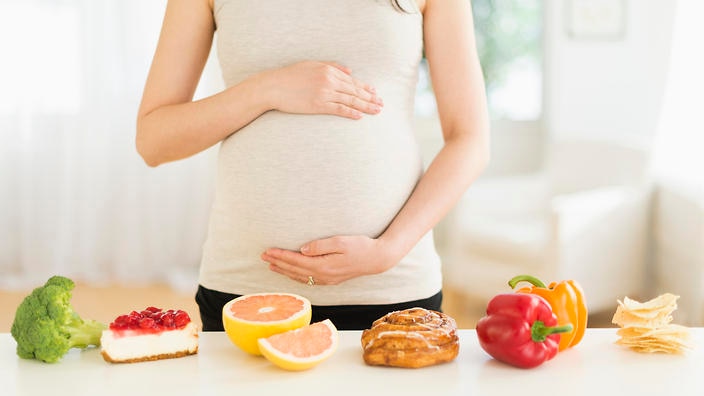There is no sure-fire way in which to become more fertile, both in cases of men and women. However, there are some steps that can be taken and lifestyle changes that can be made in the course of one's day to day life that can help improve chances of conception. For both men and women, fertility and fertility treatments can be subjects that are difficult to discuss. However, increasing your chances of conception and pregnancy will be beneficial whether looking to conceive naturally or through fertility treatment like IVF or otherwise.
Healthy Diet and Fertility
Eating well and maintaining a healthy and balanced diet can help increase your fertility and boost your chances of getting pregnant. A healthy diet is likely to positively impact numerous aspects of your health and your life, which includes that of fertility.
With regards to taking care of your diet, make sure you are getting enough protein, iron, zinc, vitamin C, and vitamin D as well as all other essential minerals and vitamins. If you have any deficiencies, it is vital to deal with them and important you discuss this with your doctor or health professional. A nutrient deficiency could decrease fertility for example by lengthening your menstrual cycle, meaning that you ovulate less frequently.
Check with your doctor to see if you need any vitamin supplements or a prenatal vitamin. Try to eat foods rich in antioxidants like folate and zinc, as these may boost fertility for both men and women. You can also look at how to get extra protein from your diet, such as eating meat, fish, low-fat dairy products, eggs, and beans.
Reducing Alcohol Consumption to Improve Fertility Chances
Just as you watch what you eat, you should also keep an eye on your drinking habits when you are trying to conceive. Some research has found a link between high alcohol consumption and difficulty getting pregnant. Although this is by no means set in stone, just as with your general diet, altering the amount of alcohol you consume can positively impact your overall health, with positive knock-on effects for fertility as well as weight loss and weight management.
If you do fall pregnant, alcohol can also harm a developing foetus if it is consumed as normal. Alcohol can affect the body's oestrogen levels, which can inhibit egg implantation. In some cultures however, it is accepted to drink alcohol occasionally, such as a beer or glass of wine with dinner. It is also recommended to reduce your caffeine intake to help increase the chances of making yourself more fertile.
Watch Your Weight
High BMI can lead to many health risks, including the overproduction of hormones that disturb regular ovulation. Your menstrual cycle may be less stable, and you could ovulate less frequently, reducing your chances of conceiving. On the other hand, being underweight can mean that your body struggles to produce enough hormones to ovulate each month as a result of malnourishment. You could also experience problems sustaining a pregnancy if you do conceive, should you be too over or under weight. Talk to your doctor or midwife about maintaining a healthy weight to make yourself more fertile.
Quit Smoking When Trying to Conceive
While there are many other reasons to quit smoking, cigarettes can interfere with fertility. When smoking, cigarette toxins damage a woman's eggs, causing the ovaries to age. As a result, research shows that the ovaries of a 35-year-old smoker function like a 42-year-old's. Overall, smoking interferes with fertilisation and implantation, making women who smoke less fertile. Cutting out cigarettes can help you get some ovarian function back and quickly improve fertility. You should also do your best to avoid passive smoking. Talk to your doctor to get help quitting smoking.
With women's fertility tending to decline after the age of 35, slowing down the process of ageing ovaries and slowing down the biological clock by maintaining a healthy lifestyle can be more important than ever. Quitting smoking can play a big part in this and so if necessary, should always be considered.
Reduce Stress
Several recent studies have found that women with higher levels of day-to-day stress have more trouble conceiving. In one study, women whose saliva showed high levels of the stress-enzyme alpha-amylase took 29% longer to get pregnant. It is also believed that general stress is more likely to lead to behaviours that inhibit fertility, such as smoking, drinking too much alcohol or caffeine and having sex less frequently.
High stress can also affect the hormones such as cortisol, that may impact or promote ovulation, meaning your cycle can become irregular, reducing your fertility. To reduce stress while trying to conceive, you could try gentle exercise, talking to friends and family, taking up meditation and mindfulness and finding time for your hobbies.


 71–75 Shelton Street, Covent Garden, London, WC2H 9JQ
71–75 Shelton Street, Covent Garden, London, WC2H 9JQ +44 (0) 20 3376 1032
+44 (0) 20 3376 1032



